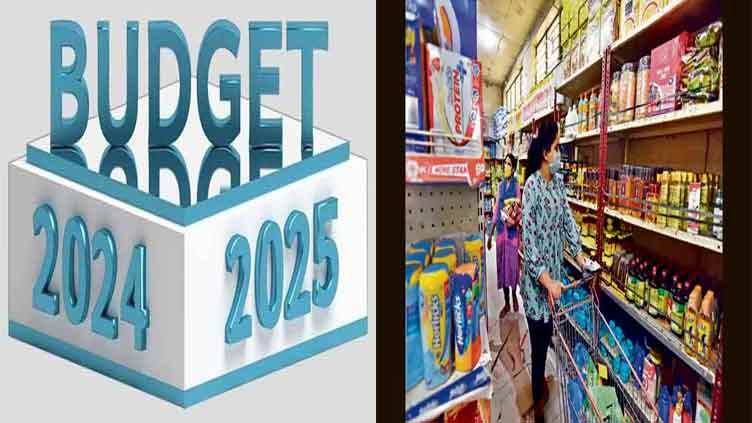Budget 2024-25: Let's figure out the cost of essentials

Business
Poverty Alleviation Division gets nothing in PSDP
At least 95 million people are living in abject poverty in Pakistan
Increase in BISP budget is being attributed to political necessity
10pc sales tax on stationery items, 18pc on drugs raw materials will add to common man's burden
By Ahad Khan
The federal government has announced a staggering Public Sector Development Programme (PSDP) worth Rs1,500 billion.
According to the budget document, all federal divisions have been allocated budget, except the Poverty Alleviation and Special Safety Division, which deals directly with matters concerning 95 million people who are living in abject poverty.
Sadly, the Poverty Alleviation and Special Safety Division gets nothing in the PSDP 2024-25.
Worse still, the Ministry of Poverty Alleviation and Social Safety does not have any minister as its head, rendering it almost moribund for more than 10 months. Earlier, Dr Sania Nishtar was chairing it during the PTI government, followed by Shazia Marri during the PDM government.
Last year, 12.5 million people slipped into poverty, which took it from 34.2pc to 39.4pc, according to the World Bank.
The government has conveniently ignored the poor segment in the budget. Other than announcing Rs598.71billion under the Benazir Income Support Programme (BISP), no substantial amount has been earmarked for reducing poverty.
Your next read: BUDGET 2024-25 - A LAYMAN'S GUIDE
Analysts believe that 27 percent increase in BISP from Rs471.3 billion to Rs598.71 billion has been made to placate the Pakistan Peoples Party, which may take the wind out of PML-N's sails anytime.
BURGEONING TAXES
On the other hand, if we delve into the details of burgeoning taxes, Sales Tax stands out in afflicting the poor the most.
Now a sales tax of 10pc will be charged on stationery items.
Tribal area residents who have been experiencing extreme poverty will now have to pay 6pc tax on the supply and import of plant machinery as well as electricity on both residential and commercial connections.
Following the similar trajectory, a 10pc sales tax will be charged on the local supply of vermicelli, buns, poultry feed, cattle feed, sunflower seed meal, newsprint, books, oil cakes and tractors.
On mobile phones whose value is less than $500 (Rs139,240), 18pc tax has been imposed. If the value of purchased phone exceeds $500, an existing rate of 25pc will remain unchanged.
Earlier, the retailers of leather and textile products who paid 15pc sales tax will now have to pay 18pc tax.
Drug prices will increase massively as the sales tax on raw materials used in production of pharmaceutical items has been raised to 18pc from 1pc. This will be applicable on medical treatment, diagnostic equipment, heart surgery, neurosurgery, electrophysiology, endoscopy, endosurgery, oncology, urology, gynaecology, disposables and other medical equipment.
Besides, 20pc sales tax on import of syringes, needles, catheters, cannulae, blood collection tube of glass and blood collection tube of PET.
Moreover, charitable hospitals with 50 or more beds will pay 18pc sales tax on imported medical goods.


